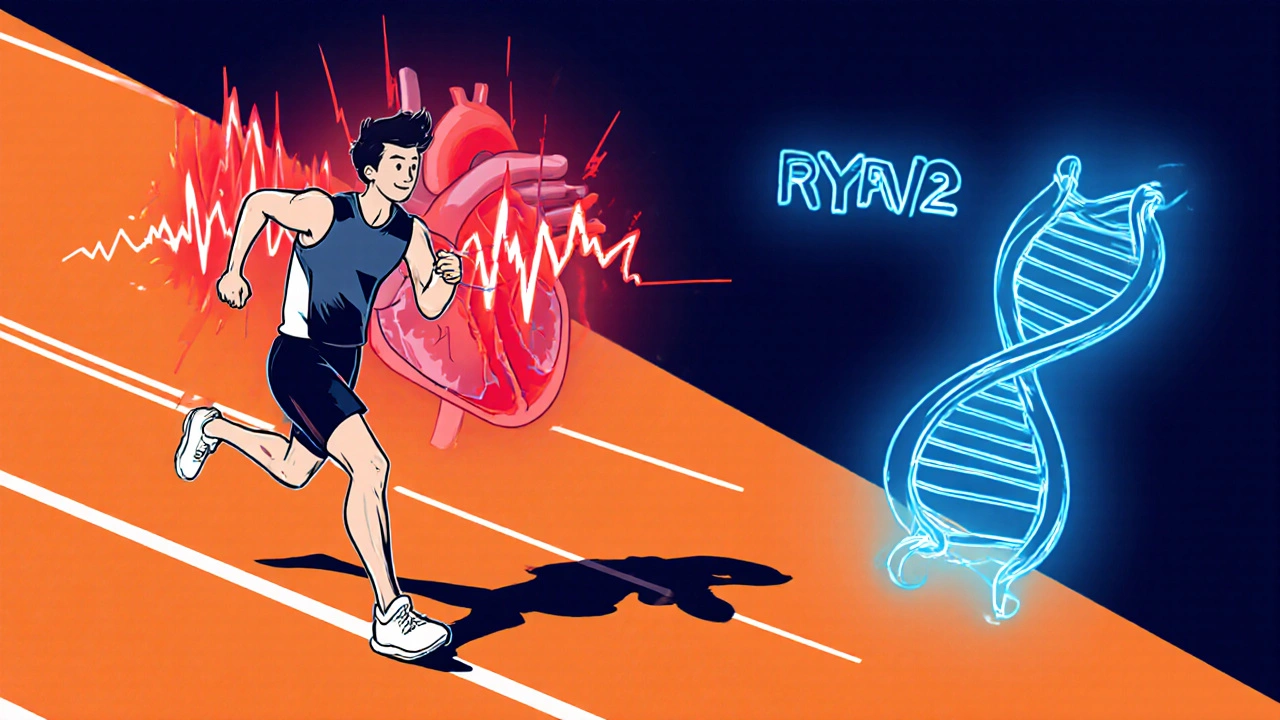When dealing with CPVT treatment, the therapeutic plan for Catecholaminergic Polymorphic Ventricular Tachycardia. Also known as Catecholaminergic Polymorphic Ventricular Tachycardia therapy, it focuses on preventing life‑threatening arrhythmias triggered by stress or exercise. CPVT treatment encompasses medication, device therapy, and lifestyle changes. The condition itself is a rare inherited heart rhythm disorder that can cause sudden cardiac death in young, active people. Understanding the disease helps you see why beta‑blocker therapy and genetic testing are cornerstones of care.
One of the first lines of defense is beta blockers, medications that blunt the heart’s response to adrenaline. They reduce the likelihood of abnormal beats during emotional or physical stress. Another medication that shows real benefit is flecainide, a class Ic anti‑arrhythmic that blocks abnormal calcium leak in heart cells. Together, these drugs form a pharmacologic shield, and most specialists recommend them before considering devices. Speaking of devices, an implantable cardioverter‑defibrillator (ICD), a heart‑monitoring implant that delivers a shock if a dangerous rhythm occurs can be life‑saving for patients who continue to have episodes despite medication. Genetic testing, often the next step after a diagnosis, pinpoints the exact mutation—commonly in the RYR2 gene—so family members can be screened early. Finally, exercise restriction is a practical, yet essential, part of the plan; avoiding high‑intensity activities lowers the trigger for ventricular tachycardia.
All these pieces—beta‑blockers, flecainide, ICDs, genetic testing, and lifestyle tweaks—interlock to create a comprehensive management strategy. By the time you finish reading this section, you’ll have a clear picture of how each element contributes to reducing sudden cardiac events. Below you’ll find a curated list of articles that dive deeper into dosing tips for beta‑blockers, choosing the right ICD model, interpreting genetic results, and practical advice on safe exercise limits. Let’s explore the details that can help you or a loved one stay ahead of CPVT.

Explore how amiodarone works for catecholaminergic polymorphic ventricular tachycardia, its dosing, side effects, and how it compares with beta‑blockers, flecainide, and ICDs.
read more